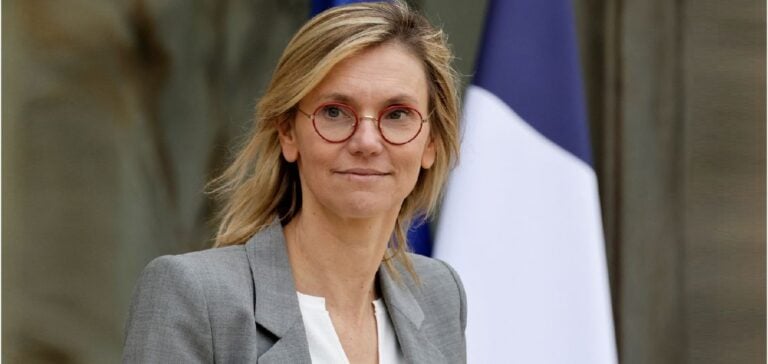The Minister of Ecological Transition and Energy, Agnès Pannier-Runacher, has praised “interesting developments” in the 2025 draft finance bill currently being discussed in Parliament. This statement follows tensions expressed in October when the minister hinted that she might consider leaving the government if disagreements over financial resources for Energy Transition persisted.
During her hearing before the Senate’s Economic Affairs Commission, accompanied by her colleague Olga Givernet, Deputy Minister for Energy, Pannier-Runacher outlined the main budgetary measures. “The Energy Transition budget is 16.8 billion euros, an increase of 2 billion euros,” she stated. This increase represents a significant effort to support decarbonization initiatives and combat climate change.
Notable budgetary advancements
The minister highlighted several governmental amendments, including a 75-million-euro increase for the Barnier fund, dedicated to natural disaster prevention. Another key amendment allocates 1.55 billion euros to accelerate industrial decarbonization, mainly through electrification. These measures are supplemented by a significant extra-budgetary package, such as the 6 billion euros derived from Energy Saving Certificates (CEE), aimed at encouraging energy renovations in buildings and less polluting heating solutions.
Pannier-Runacher also stressed the importance of European funding. She mentioned Horizon and Life credits, European programs that could play a crucial role in financing projects related to France’s Energy Transition. “We will be much more aggressive on the European front,” she affirmed, inviting stakeholders to mobilize these additional resources.
A constructive dialogue on energy taxation
Energy taxation, a particularly divisive issue, remains at the heart of parliamentary discussions. According to the minister, the exchanges are progressing within a constructive framework, although final decisions are yet to be made. “It’s at the end of the fair that we count the cows,” she noted, using a popular saying to illustrate the uncertainty surrounding the final versions of the texts.
In mid-October, during an interview with BFMTV, Pannier-Runacher had called for a budget that meets the climate challenges, citing the devastating floods that affected several French regions this autumn. At that time, she implied that a lack of resources could lead to her resignation. This threat now seems off the table, as the minister describes herself as “combative” in light of the adjustments obtained during parliamentary debates.






















